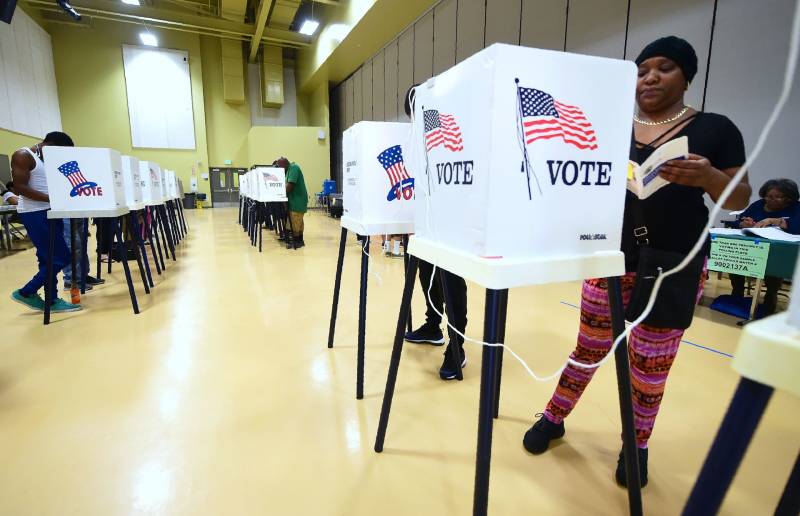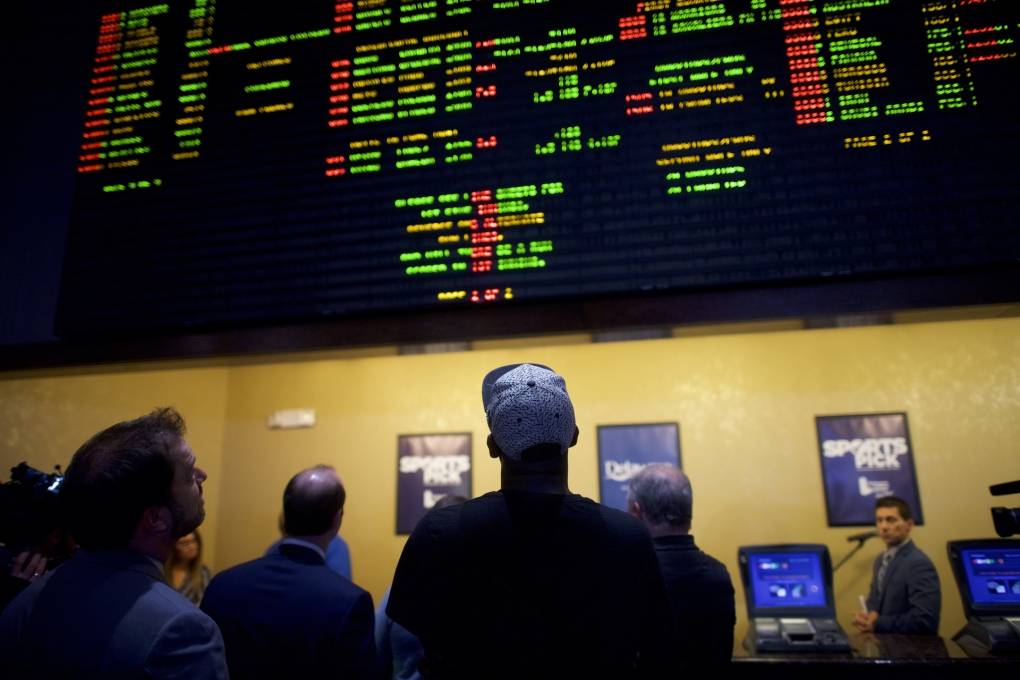When supporters of increasing commercial property taxes, reshaping property tax transfer rules and legalizing sports gambling began formulating initiatives to put before voters in November, California's economy was riding high — unemployment was at historic lows and state coffers were flush with fat surpluses.
With less than five months until Election Day, campaigns are now facing a different reality. California's economy has cratered due to the pandemic, leaving lawmakers scrambling to fill tens of billions of dollars in lost revenues.
It also reshaped the political landscape.
"When you start an initiative campaign, you start so much ahead of when the actual ballot contest is that the entire world changes under your feet before you actually get to the ballot," said Gale Kaufman, a political consultant with experience on dozens of high-profile ballot campaigns. "And certainly this go round, it's moved several times and very dramatically."
Now, ballot ideas promising to raise billions of dollars in new revenues are likely to be pitched as lifelines for the state budget and the services they fund. And supporters are betting that Californians will again be willing to support new taxes on the ballot if the alternative is painful cuts to schools and social services, as voters did during the last economic downturn.


